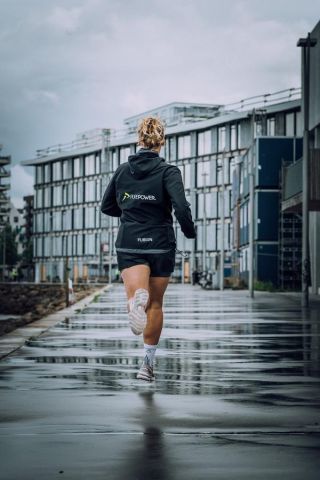Kasia’s Road to The Boston Marathon Part 1: A Tribute to Its First Female Runners
Road to Boston Marathon Part 1 A Tribute to the First Female Runners On April 18, 2022 I am excited and grateful to be able to run the historic and prestigious Boston Marathon! As a physical therapist at Fusion Wellness /Femina Physical Therapy and avid long-distance runner for over 20 years, I’m excited to share […]










